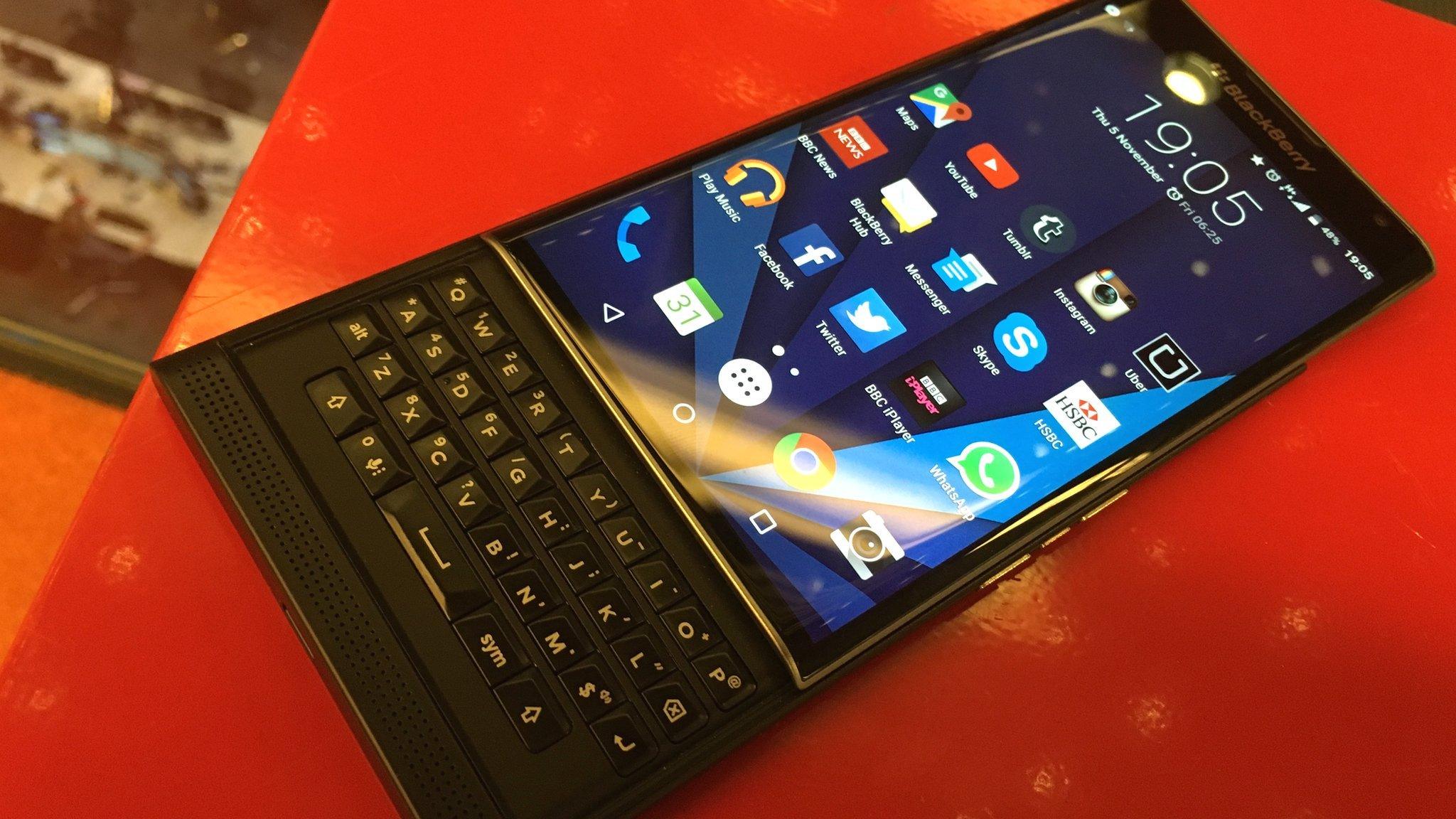WhatsApp to end Blackberry OS support
- Published
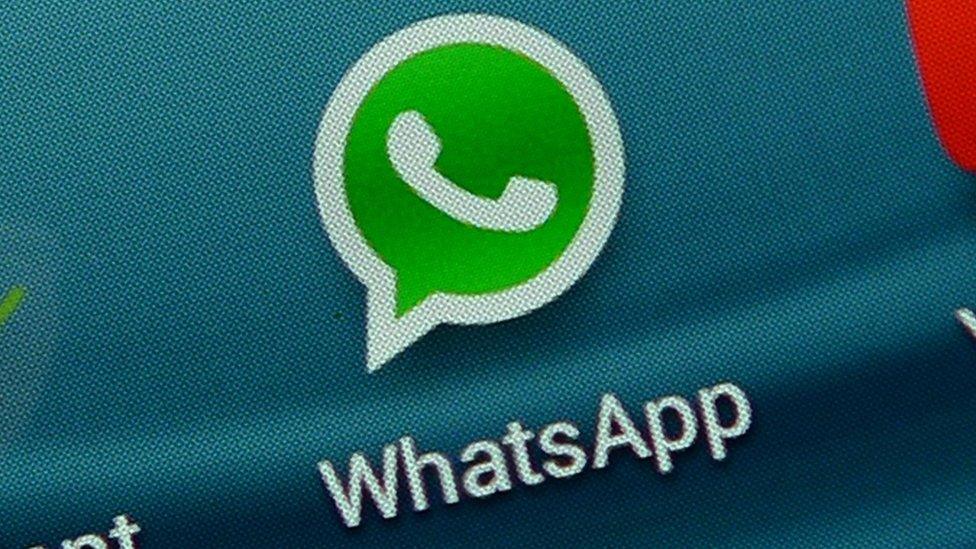
WhatsApp is to end support for a number of operating systems including Blackberry 10, Nokia Symbian S60 and Windows Phone 7.1.
The company said it wanted to focus development "on the mobile platforms the vast majority of people use".
Facebook-owned WhatsApp, which is used by a billion people worldwide, will stop working on the named operating systems by December 2016.
But it will still work on Blackberry's latest smartphone which runs Android.
Legacy
Most of the operating systems that WhatsApp is dropping support for are legacy operating systems, which are no longer updated or installed on new devices.
The exception is Blackberry 10, which was launched in January 2013 and is still being developed by Blackberry.
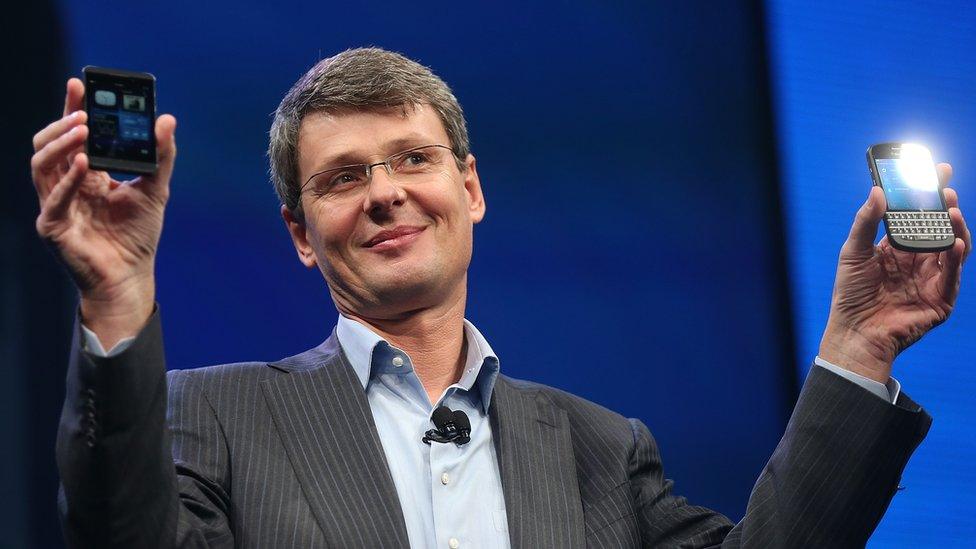
Blackberry 10 was launched in January 2013
However, the operating system has failed to gain traction with smartphone users and now accounts for less than 1% of the market.
There had been speculation that the handset-maker would wind down support for Blackberry 10 after it released a smartphone running Android, and closed its "Built for Blackberry, external" programme for app developers.
But the company told the BBC: "BlackBerry is committed to our BlackBerry 10 operating system, and we work closely with developers to create and deploy solutions to bring apps to our consumer and enterprise fans.
"While the app landscape continues to evolve, our commitment to BlackBerry 10 and our developers is unwavering.
"We are actively exploring alternatives for BlackBerry users once support of WhatsApp Messenger for BBOS and BlackBerry 10 ends in late 2016."
The full list of operating systems WhatsApp will stop supporting is:
Android 2.1 and Android 2.2
Blackberry OS 7 and earlier
Blackberry 10
Nokia S40
Nokia Symbian S60
Windows Phone 7.1
"While these mobile devices have been an important part of our story, they don't offer the kind of capabilities we need to expand our app's features in the future," WhatsApp said, external in a blogpost.
"When we started WhatsApp in 2009... about 70 percent of smartphones sold at the time had operating systems offered by BlackBerry and Nokia."
The firm said mobile operating systems offered by Google, Apple and Microsoft accounted for 99.5% of sales today.
- Published20 February 2014

- Published4 March 2015
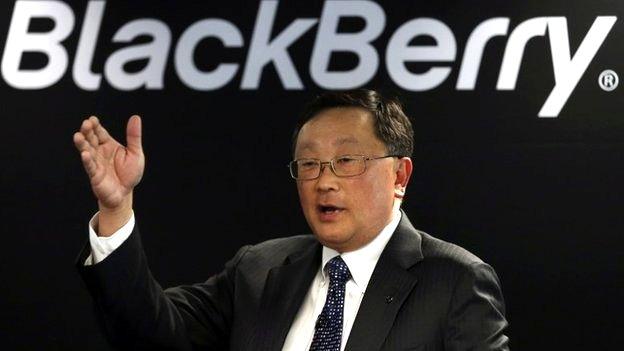
- Published18 January 2016
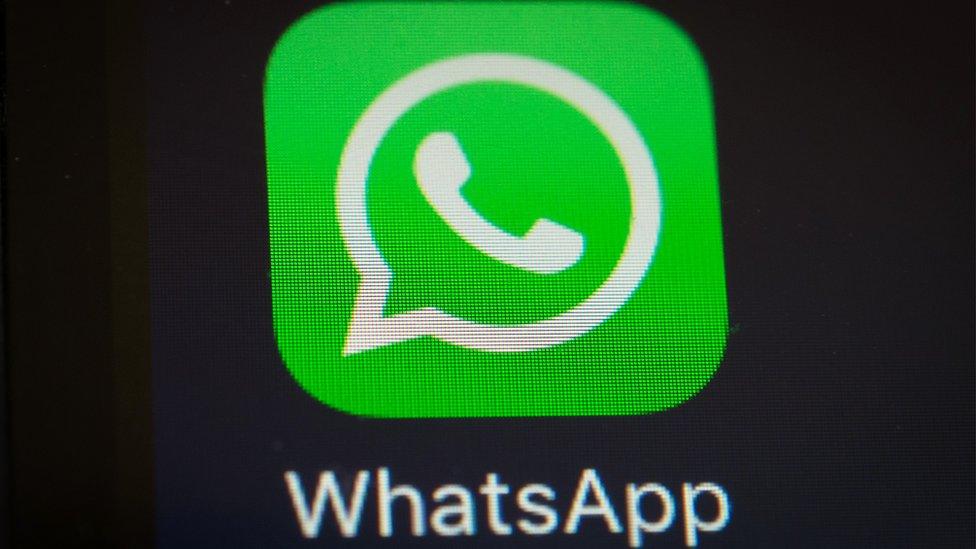
- Published6 November 2015
